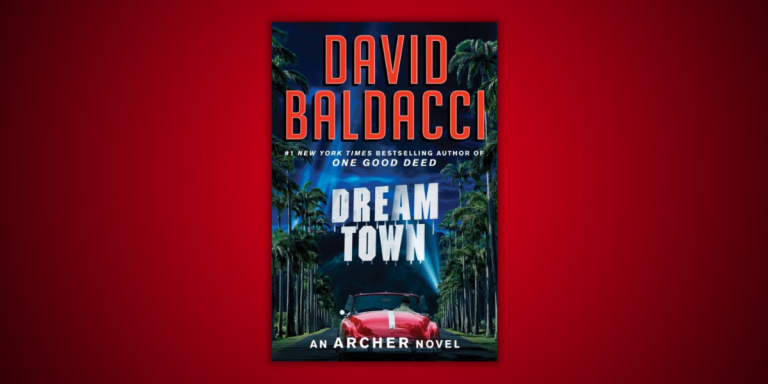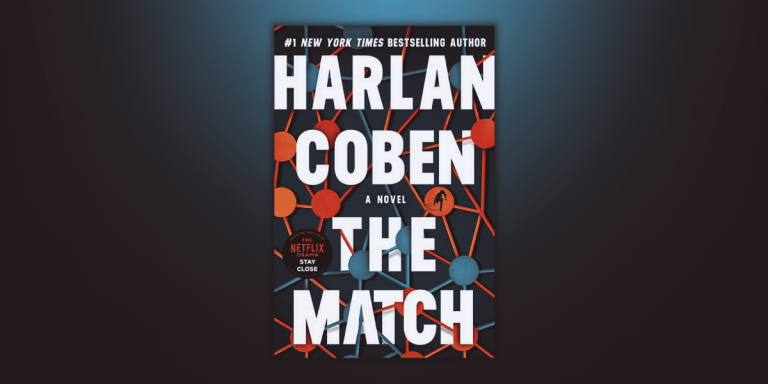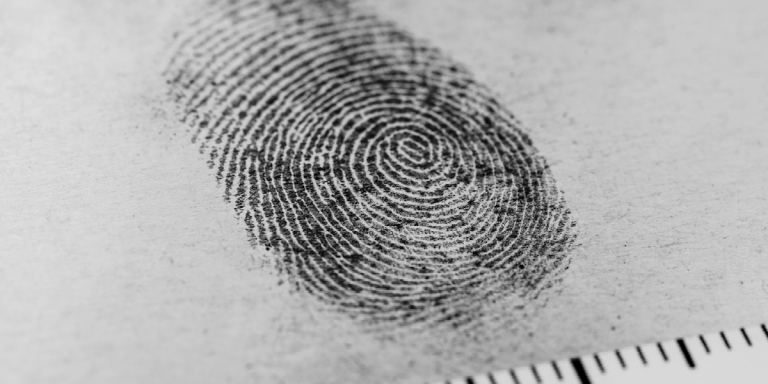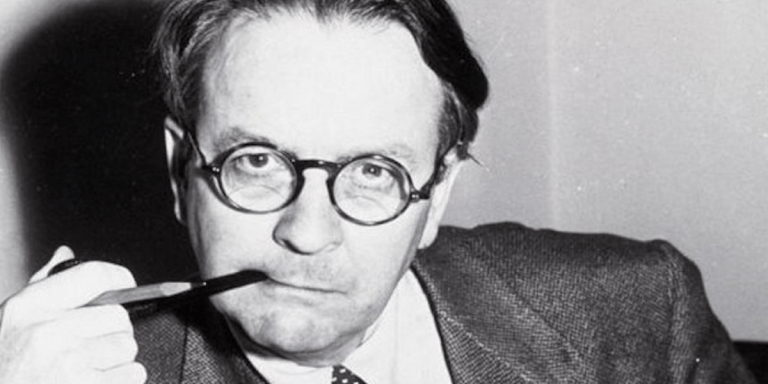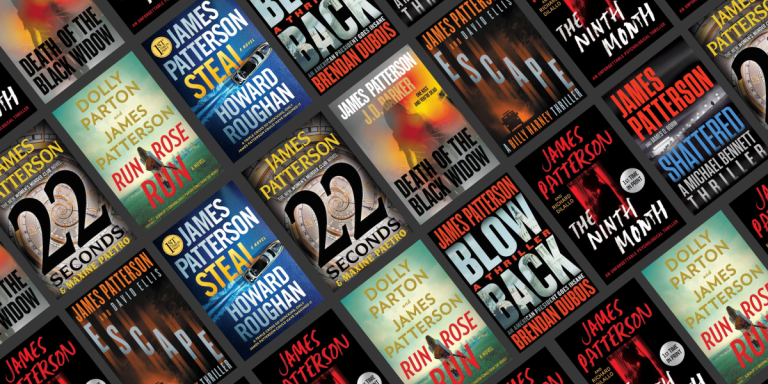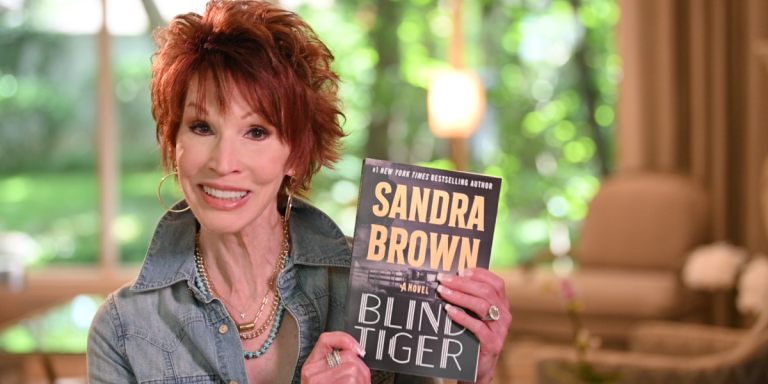Read the Excerpt: City on Fire by Don Winslow
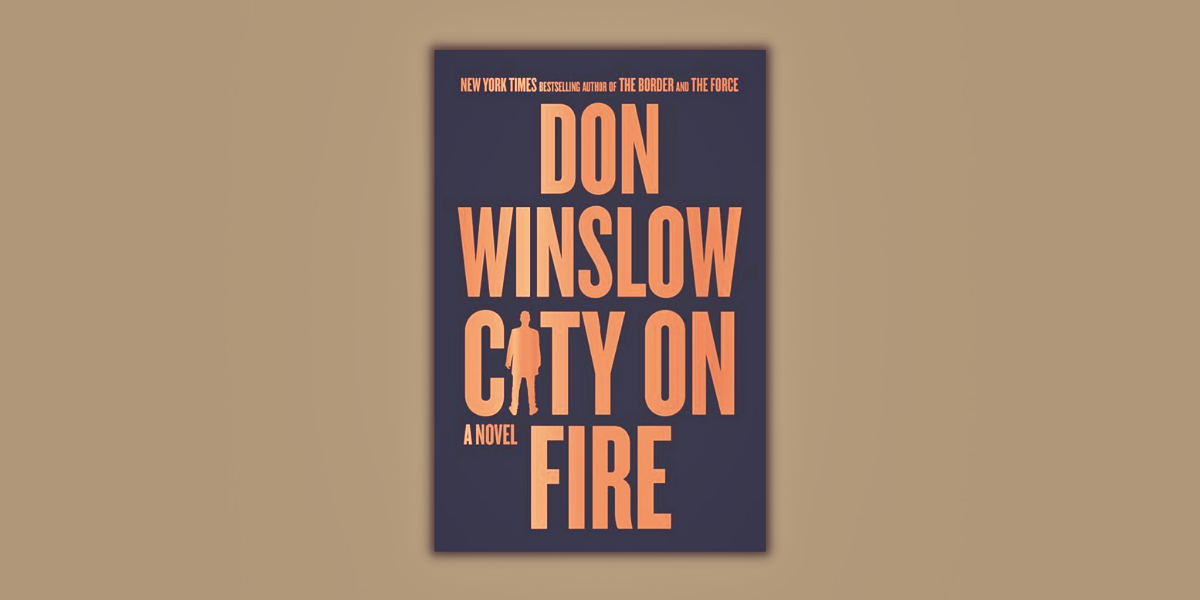 Danny Ryan watches the woman come out of the water like a vision emerging from his dreams of the sea.
Danny Ryan watches the woman come out of the water like a vision emerging from his dreams of the sea.
Except she’s real and she’s going to be trouble.
Women that beautiful usually are.
Danny knows that, what he doesn’t know is just how much trouble she’s really going to be. If he knew that, knew everything that was going to happen, he might have walked into the water and held her head under until she stopped moving.
But he doesn’t know that.
…
Danny watches her walk away.
Like a dream you wake up from and you don’t want to wake up it’s such a good dream.
Not that he got much sleep last night, and now he’s tired. They hit a truckload of Armani suits, him and Pat and Jimmy MacNeese, way the hell up in western Mass. Piece of cake, an inside job Peter Moretti set them up with. The driver was clued in, everyone did the dance so no one got hurt, but still it was a long drive and they got back to the shore just as the sun was coming up.
“That’s okay,” Terri says, lying back on her towel. “You let her get you all hot and bothered for me.”
Terri knows her husband loves her and, anyway, Danny Ryan is faithful like a dog. He don’t have it in him to cheat. She don’t mind he looks at other women as long as he brings it home to her. A lot of married guys, they need some strange every once in a while, but Danny don’t.
Even if he did, he’d feel too guilty.
They’ve even joked about it. “You’d confess to the priest,” Terri said, “you’d confess to me, you’d probably take an ad out in the paper to confess.”
…
Every August they come down from Dogtown to Goshen Beach because that’s what their fathers did and they don’t know to do anything else. Danny and Terri, Jimmy and Angie Mac, Pat and Sheila Murphy, Liam Murphy with his girl of the moment. They rent the little cottages across the road from the beach, so close to each other you can hear your neighbor sneeze, or lean out the window to borrow something for the kitchen. But that’s what makes it fun, the closeness.
None of them would know what to do with solitude. They grew up in the same Providence neighborhood their parents did, went to school there, are still there, see each other almost every day and go down to Goshen on vacation together.
‘Dogtown by the Sea’, they call it.
…
You look at Danny now, in his late twenties, his broad shoulders make him appear a little shorter than his six feet, and his thick brown hair, tinged with red, gives him a low forehead that makes him look a little less smart than he really is.
Now Danny sits on the sand and looks at the water with a yearning. The most he does now is go in and have a swim or body-surf if there are any waves, which are unusual in August unless there’s a hurricane brewing.
Danny misses the ocean when he’s not here.
It gets in your blood, like you got salt water running through you. The fishermen Danny knows love the sea and hate it, say it’s like a cruel woman who hurts you over and over again but you keep going back to her anyway.
Sometimes he thinks maybe he should go back to fishing, but there’s no money in it.
Not anymore with all the government regulations and the Japanese and Russian factory ships sitting thirteen miles off the coast and taking up all the cod and the tuna and the flounder and the government don’t do shit about them, just keeps its thumb on the local guy.
Because it can.
So now Danny just comes down from Providence in August with the rest of the gang.
Mornings they get up late, eat breakfast in their cottages, then cross the road and spend the day gathered on the beach in front of Pasco’s place, one of about a dozen clapboard houses set on concrete pylons near the breakwater on the east end of Goshen Beach.
They set up beach chairs, or just lie on towels, and the women sip wine coolers and read magazines and chat while the men drink beer or throw in a fishing line. There’s always a nice little crowd there, Pasco and his wife and kids and grandkids, and the whole Moretti crew – Peter and Paul Moretti, Sal Antonucci, Tony Romano, Chris Palumbo and wives and kids.
Always a lot of people dropping by, coming in and out, having a good time.
Rainy days they sit in the cottages and do jigsaw puzzles, play cards, take naps, shoot the shit, listen to the Sox broadcasters jaw their way through the rain delay. Or maybe drive into the main town two miles inland, and see a movie or get an ice cream or pick up some groceries.
Nights, they barbecue on the strips of lawn between the cottages, usually pooling their resources, grill hamburgs and hot dogs. Or maybe during the day one of the guys walks over to the docks to see what’s fresh and that night they grill tuna or bluefish or boil some lobsters.
Other nights they walk down to Dave’s Dock, sit at a table out on the big deck that overlooks Gilead, across the narrow bay. Dave’s doesn’t have a liquor license, so they bring their own bottles of wine and beer, and Danny loves sitting out there watching the fishing boats, the lobstermen or the Block Island Ferry come in as he eats chowder and fish-and-chips and greasy clam cakes. It’s pretty and peaceful out there as the sun softens and the water glows in the dusk.
Some nights they just walk home after dinner, gather in each other’s cottages for more cards and conversations, other times maybe they drive over to Mashanuck Point, where there’s a bar, The Spindrift. Sit and have a few drinks and listen to some local bar band, maybe dance a little, maybe not. But usually the whole gang ends up there and it’s always a lot of laughs until closing time.
….
Danny’s sad that summer is coming to an end. He always is. The end of summer means the end of the long slow days, the lingering sunsets, the rented beach cottages, the beers, the fun, the laughs, the clambakes.
It’s back to Providence, back to the docks, back to work.
Back to their little apartment on the top floor of a gabled three-decker back in the city, one of the thousands of old tenement buildings that went up all over New England in the height of the mill and factory days, when they were needed to provide cheap housing for the Italian, Jewish and Irish workers. The mills and factories are mostly gone, but the three-story houses survive and still have a little of the lower-class reputation about them.
Danny and Terri have a small living room, a kitchen, a bathroom and a bedroom with a small porch out the back and windows on every side, which is nice. It ain’t much – Danny hoped to buy them a real house someday – but it’s enough for now and it ain’t so bad. Mrs. Costigan on the floor below is a quiet old lady and the owner, Mr. Riley, lives on the ground floor so he keeps everything pretty ship-shape.
Still and all, Danny thinks about getting out of there, maybe out of Providence altogether.
“Maybe we should move someplace where it’s summer all the time,” he said to Terri just the night before.
“Like where?” she asked.
“California, maybe.”
She laughed at him. “California? We got no family in California.”
“I got a second cousin or something in San Diego.”
“That’s not really family,” Terri says.
Yeah, maybe that’s the point, Danny thinks now. Maybe it would be good to go somewhere they don’t have all those obligations – the birthday parties, the first communions, the mandatory Sunday dinners. But he knows it won’t happen – Terri is too attached to her large family, and his old man needs him.
Nobody ever leaves Dogtown.
Or if they do, they come back.
Danny did.
Now he wants to go back to the cottage.
He wants to get laid and then he wants a nap.
Danny could use a little sleep, feel fresh for Pasco Ferri’s clambake.
Order the Book
Two criminal empires together control all of New England.
Until a beautiful modern-day Helen of Troy comes between the Irish and the Italians, launching a war that will see them kill each other, destroy an alliance, and set a city on fire.
Danny Ryan yearns for a more “legit” life and a place in the sun. But as the bloody conflict stacks body on body and brother turns against brother, Danny has to rise above himself. To save the friends he loves like family and the family he has sworn to protect, he becomes a leader, a ruthless strategist, and a master of a treacherous game in which the winners live and the losers die.
From the gritty streets of Providence to the glittering screens of Hollywood to the golden casinos of Las Vegas, Danny Ryan will forge a dynasty.
By clicking 'Sign Up,' I acknowledge that I have read and agree to Hachette Book Group’s Privacy Policy and Terms of Use
